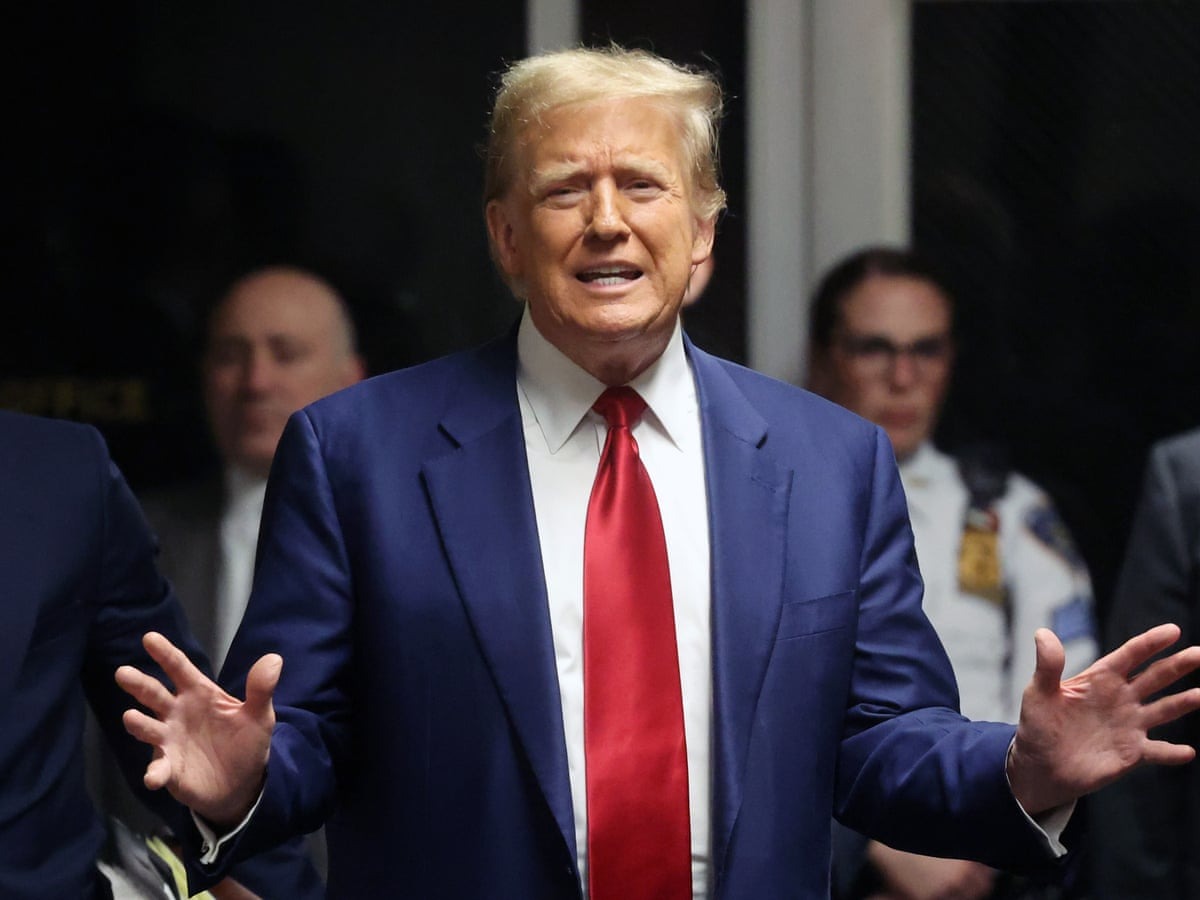Tuesday morning marked a pivotal moment in former President Donald Trump’s hush money trial as the New York judge overseeing the case conducted a hearing on the prosecution’s request for Trump to be held in contempt of court.
The prosecution sought a minimum fine of $3,000, alleging that Trump violated the gag order imposed by Judge Juan M. Merchan. Trump faces 34 felony counts related to reimbursements made by his company to his lawyer, Michael Cohen, for hush money payments. Prosecutors argue that these payments were disguised as legal expenses in company records.

Judge Merchan had initially issued a gag order in March, prohibiting Trump from making public comments about witnesses, prosecutors, court personnel, and jurors involved in the trial. This order was later expanded to include broader restrictions on Trump’s public statements.
During Tuesday’s hearing, Trump’s lawyer, Todd Blanche, argued that reposting news articles on Trump’s social media account and website, as alleged by the prosecution, did not violate the gag order.
Blanche contended that individuals working with Trump selected articles they believed his followers would find interesting and shared them on Truth Social under Trump’s name.
However, when pressed by Judge Merchan for legal precedents supporting this argument, Blanche conceded that he had none but asserted that it was a matter of common sense.

In seeking contempt charges, prosecutors emphasized that Trump’s actions violated the court’s order, warranting financial penalties and formal admonishment.
Contempt of court generally refers to actions that contravene a court order or disrupt the judicial process. According to Cornell Law School, it encompasses behavior that obstructs or interferes with the orderly administration of justice.
As the proceedings revealed, the courtroom awaited Judge Merchan’s ruling on the prosecution’s request, which could have outstanding implications for Trump’s legal standing and the trial trajectory.


